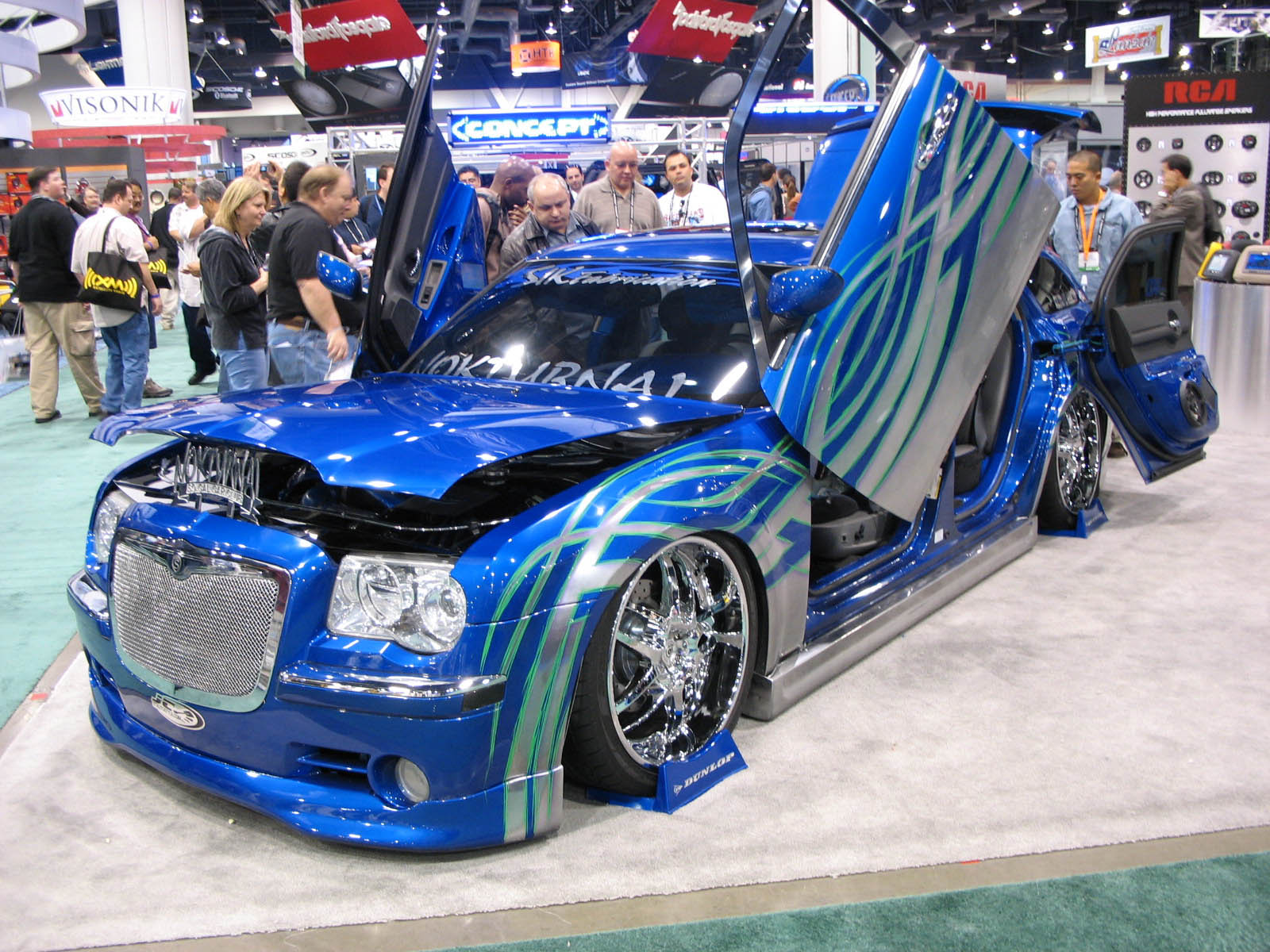p>Cars have undoubtedly revolutionized the way we travel and explore the world around us. With their sleek designs, powerful engines, and modern features, cars have become an integral part of our daily lives. From the thrill of stepping behind the wheel to the convenience of commuting to work, cars have become more than just a mode of transportation; they are a symbol of freedom and adventure.</p>
img width="414" src=" ">
">
p>One of the fascinating aspects of cars lies in their ability to cater to various preferences and lifestyles. Whether you're an adrenaline junkie seeking thrills on the racetrack or a family-oriented individual seeking comfort and safety, there is a car out there that matches your unique needs. From compact sedans to spacious SUVs, each vehicle is crafted with precision and purpose, offering a distinct driving experience.</p>
p>Vin, or Vehicle Identification Number, serves as a critical piece of information that uniquely identifies each car. It acts like a fingerprint, carrying hidden details about the vehicle's manufacturing location, specifications, and history. This identification code plays a significant role when it comes to buying or selling cars, ensuring transparency and peace of mind for both buyers and sellers.</p>
p>With continuous technological advancements, cars have become more than just a mode of transportation. Innovative features like advanced driving assistance systems, high-resolution touchscreens, and voice-activated controls have transformed the driving experience into a seamless and interconnected journey. Cars are no longer just machines; they have evolved into modern marvels that integrate our digital lifestyles while prioritizing safety and efficiency.</p>
p>Join us on an exciting journey as we delve into the world of cars, exploring their unique features, latest advancements, and the driving forces that make them an essential part of our lives. From classic beauties that evoke nostalgia to cutting-edge electric vehicles that propel us towards a greener future, cars have and will continue to shape our world in ways we could have never imagined. Buckle up as we embark on this exhilarating ride, revving up the road and unleashing the power of cars.</p>
h3 id="history-of-automotive-innovation">History of Automotive Innovation</h3>
p>Cars have come a long way since their inception, evolving from simple modes of transportation to sophisticated machines that not only get us from point A to point B but also provide us with a thrilling driving experience. The history of automotive innovation is filled with groundbreaking advancements that have revolutionized the industry.</p>
p>The journey began in the late 19th century when Karl Benz invented the first practical automobile powered by an internal combustion engine. This invention paved the way for the modern automobile industry and set the stage for a wave of innovation to follow. Over the years, automobile manufacturers around the world have introduced numerous technological advancements to enhance the performance, safety, and comfort of cars.</p>
p>One of the key milestones in automotive innovation was the introduction of assembly line production by Henry Ford in the early 20th century. This innovation streamlined the manufacturing process, making cars more affordable and accessible to the masses. The Model T, Ford's iconic vehicle, quickly became an emblem of the automobile revolution and marked a significant shift in the history of cars.</p>
p>Another notable breakthrough was the invention of the automatic transmission, which eliminated the need for manual gear shifting. This innovation, pioneered by General Motors in the 1940s, made driving easier and more convenient for drivers worldwide. It allowed for smoother acceleration and improved fuel efficiency, enhancing the overall driving experience.</p>
p>In recent decades, advancements in technology have taken the automotive industry to new heights. The integration of computer systems and electronics in cars has led to the development of advanced safety features such as anti-lock braking systems (ABS), traction control, and airbags. Additionally, the rise of electric and hybrid vehicles has marked a shift towards more sustainable and environmentally friendly transportation options.</p>
p>From the first horseless carriages to the cutting-edge vehicles of today, the history of automotive innovation is a testament to human ingenuity and our constant pursuit of advancement. The future holds even more exciting possibilities, as the automotive industry continues to push the boundaries of design, performance, and sustainability. Stay tuned for the next section where we delve into the fascinating world of automotive design.</p>
h3 id="the-evolution-of-engine-technology">The Evolution of Engine Technology</h3>
p>In the world of cars, the evolution of engine technology has been nothing short of remarkable. Over the years, engineers and innovators have constantly pushed the boundaries to develop engines that are more powerful, efficient, and environmentally friendly.</p>
p>One significant milestone in this evolution was the introduction of fuel injection systems. Prior to fuel injection, carburetors were used to mix fuel and air for combustion. However, https://banymotorsport.pl/ had its limitations, often leading to inefficient fuel consumption and decreased engine performance. With the advent of fuel injection, engines were able to achieve better fuel atomization and precise control of the fuel-air mixture, resulting in improved combustion efficiency and overall power output.</p>
p>Another groundbreaking development was the emergence of turbocharging and supercharging. By compressing the incoming air, these technologies significantly increased the density of oxygen available for combustion. This enabled smaller engines to produce higher power outputs, while also improving fuel efficiency. Today, turbocharging has become a common feature in many cars, allowing for a perfect balance between power and economy.</p>
p>Furthermore, advancements in hybrid and electric vehicle technology have revolutionized the automotive industry. Hybrid cars combine traditional internal combustion engines with electric motors, offering improved fuel efficiency and reduced emissions. On the other hand, fully electric vehicles rely solely on electric motors for propulsion, eliminating the need for fossil fuel consumption altogether. With the rapid development of battery technology, electric cars are becoming increasingly viable as a sustainable alternative to traditional combustion engines.</p>
p>In conclusion, the evolution of engine technology in cars has seen remarkable improvements in power, efficiency, and environmental impact. From the introduction of fuel injection systems to the advancements in turbocharging and the rise of hybrid and electric vehicles, the automotive industry continues to push the boundaries of innovation. These developments pave the way for a future where cars are not only powerful and thrilling to drive, but also eco-friendly and sustainable.</p>
h3 id="the-future-of-electric-cars">The Future of Electric Cars</h3>
p>The automobile industry is undergoing a significant transformation as electric cars emerge as the frontrunners of the future. As we move towards a more sustainable and eco-friendly world, the adoption of electric vehicles is expected to increase dramatically in the coming years.</p>
img width="463" src=" ">
">
p>One of the key factors driving the popularity of electric cars is their positive impact on the environment. Unlike traditional gasoline-powered vehicles, electric cars produce zero tailpipe emissions. This not only reduces air pollution but also helps in combating climate change. The shift towards electric vehicles represents a major step towards achieving a greener transportation sector.</p>
p>In addition to being environmentally friendly, electric cars also offer numerous advantages in terms of performance and efficiency. With technological advancements, electric vehicles are becoming increasingly capable of delivering impressive speed and acceleration. Moreover, their electric drivetrains provide instant torque, resulting in a smooth and responsive driving experience.</p>
p>Another notable development in the electric car industry is the improvement in battery technology. As battery costs continue to decline, electric cars are becoming more accessible and affordable for the average consumer. Furthermore, advancements in charging infrastructure are addressing the issue of range anxiety, making electric cars a viable option for longer journeys.</p>
p>In conclusion, the future of electric cars appears promising. They not only contribute towards reducing our carbon footprint but also offer enhanced performance and efficiency. With ongoing advancements and increasing investment in electric vehicle technology, we can expect to witness a significant shift towards electric cars in the years to come.</p>
![[PukiWiki] [PukiWiki]](image/pukiwiki.png)

